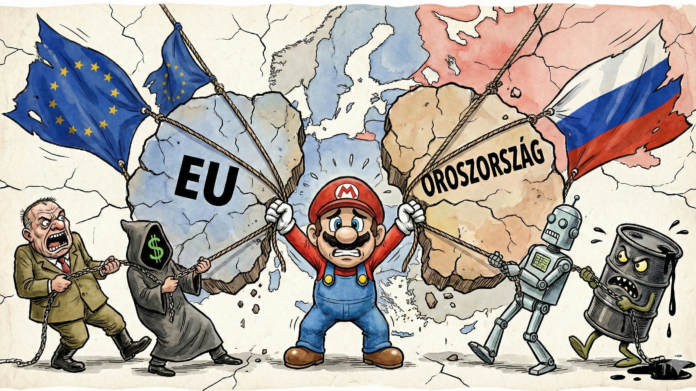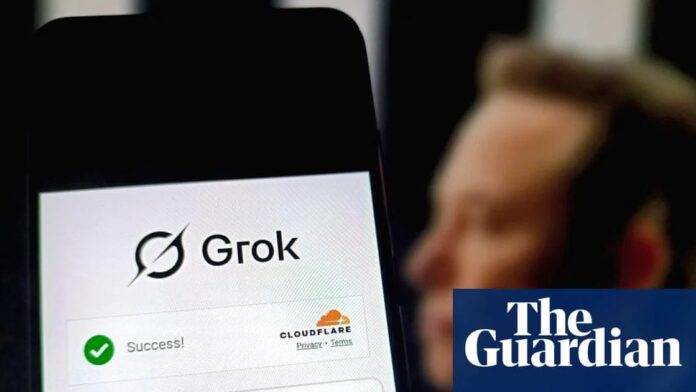While Europe is debating central bank digital currencies (CBDCs) and the EU Commission has long been setting the course for a largely cashless future, Hungary’s Prime Minister Viktor Orbán is sending a clear signal: He wants to enshrine the right to cash in the constitution. And no matter what one may think of Orbán’s policies in general, this step is absolutely necessary.
“The bank card belongs to the bank – cash belongs to you”
With this sentence, Orbán summed up the problem in his State of the Nation address in February 2025. Cash is not just a means of payment – it is a symbol of individual freedom. Because: What is digital can be monitored. What can be monitored can be controlled. And what can be controlled can also be blocked, frozen or abused in case of doubt.
Orbán not only announced the constitutional initiative – his government has already taken measures to secure access to cash in parallel. Municipalities must provide ATMs. Banks that dismantle their ATMs face penalties. This is consistent consumer protection against a creeping system restructuring.
Digital Euro, CBDCs & Co.: The End of Financial Self-Determination
Meanwhile, things are going in a different direction in Brussels. The EU is pushing ahead with the introduction of the digital euro – and assures that it is “optional” and “anonymous”. But anyone who has experienced the last five years of political reality knows: today optional, tomorrow mandatory.
CBDCs theoretically – and in authoritarian regimes have long been practical – allow the complete tracking of every transaction. In countries such as China, systems are already in use in which social credit is linked to solvency. One wrong word, one wrong posting – and access to one’s own money can be restricted.
Anyone who thinks that this is unthinkable in Europe did not pay attention in 2020-2022.
A global trend of control – who protects citizens?
Increasingly, politicians, bankers and tech elites are talking about the “necessity” to abolish cash – for reasons of “efficiency”, “security”, “climate protection” or “anti-money laundering”. What is hardly said is that cash is the last resort for citizens to evade the transparent account. No QR code, no algorithm, no freezing option.
In truth, it’s about control – not comfort.
Why other countries should follow Orbán’s example
Germany, Austria, Switzerland – mistrust of the digital advance is growing everywhere. But political resistance remains hesitant. The ECB is promoting trust. The citizens pay with freedom.
The solution would be simple: to enshrine cash as a fundamental right. Just as Orbán is doing – with legal clarity, infrastructural security and a clear signal to banks, lobbyists and technocrats.
Because cash not only protects the wallet – it protects democracy.
Conclusion: Cash is privacy in practice
In a world where every digital payment can potentially be tracked, assessed or limited, cash is more than just a piece of paper: it is an act of self-determination.
Viktor Orbán has recognized this. The question is: Why doesn’t everyone else do the same?
Translated and edited by Alex Kada




